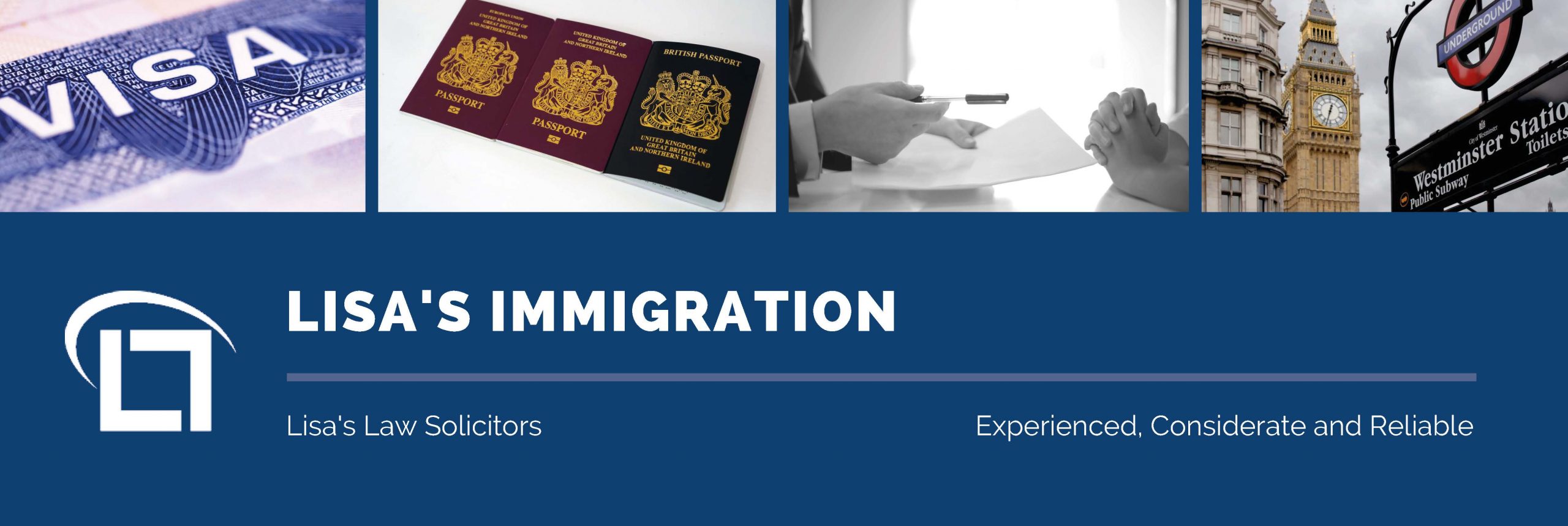Written by Mahfuz Ahmed.
The Secretary of State drafts policy guidance and statements of practices for their caseworkers, and great reliance is placed upon these documents by applicants, when making immigration and other applications.
There may be circumstances where the contents of such policies may be considered by some as unlawful. In this article, we look at the courts approach towards such documents should a challenge be bought in relation to the lawfulness of the contents of policies.
BF (Eritrea)
BF is an Eritrean national, who entered the UK and claimed asylum on the basis that he was an unaccompanied child. The Home Office assessed BF to be an adult following their policy guidance, despite his claim that he was 16 years old.
The policy guidance states that if a person does not have evidence to support that they are a minor, then they will not be accepted as being under 18 if:
‘their physical appearance/demeanour very strongly suggests that they are significantly over 18 years of age and no other credible evidence exists to the contrary’.
BF issued a claim for Judicial Review on the basis that the contents of the guidance stated above was unlawful. He stated that there is a risk that minors would be assessed as adult for appearing to look older then they actually are, and therefore the guidance was ‘prone to error’.
The Upper Tribunal refused BF’s claim. BF appealed to the Court of Appeal and it was held that that challenged sections of the guidance was unlawful as it gave rise to a real risk of children being detained. The Secretary of State appealed to the Supreme Court.
R (on the application of A) v Secretary of State for the Home Department [2021] UKSC 37 and R (on the application of BF (Eritrea)) v Secretary of State for the Home Department [2021] UKSC 38
On 30th July 2021, the Supreme Court assessed on what basis the lawfulness of policy guidance could be challenged.
The Supreme Court held that when assessing the lawfulness of a policy, one must look at the following:
- Whether the policy authorises, positively approves or encourages unlawful conduct.
- If there is a failure to provide accurate advice about the law when there is a duty to do so.
- Whether the authority purports to provide a full account of the legal position but fails to achieve that.
Opinion and concluding comments
The judgements given appears to limit and narrow the possible grounds for judicial review when bringing a challenge in relation to the lawfulness of a policy guidance and statement. By doing so, it has given public authorities more leniency and tolerance when drafting such policies.
When assessing the lawfulness of a policy moving forward, it is important to compare with the relevant law and ensure that the policy is read both fairly and reasonably and ensure that it is read objectively, in the eyes of the intended audience.
After utilising the above approach, should it appear that the contents of a policy guidance encourages or sanctions unlawful conduct, then there may be grounds for Judicial Review.
Have questions? We are here for you!
Call us on 020 7928 0276, phone calls are operating as usual and will be taking calls from 9:30am to 6:00pm.
Email us on info@lisaslaw.co.uk.
Use the Ask Lisa function on our website. Simply enter your details and leave a message, we will get right back to you: https://lisaslaw.co.uk/ask-question/
Or, download our free app! You can launch an enquiry, scan over documents, check progress on your case and much more!
Links to download below:
iPhone: https://apps.apple.com/us/app/lisas-law/id1503174541?ls=1
Android: https://play.google.com/store/apps/details?id=com.lisaslaw







This piece of writing will help the internet users for creating new blog or
even a weblog from start to end.
Hello my family member! I want to say that this article is amazing,
nice written and include approximately all significant infos.
I’d like to peer extra posts like this .
What’s up, this weekend is good in favor of me,
as this point in time i am reading this impressive
informative post here at my house.